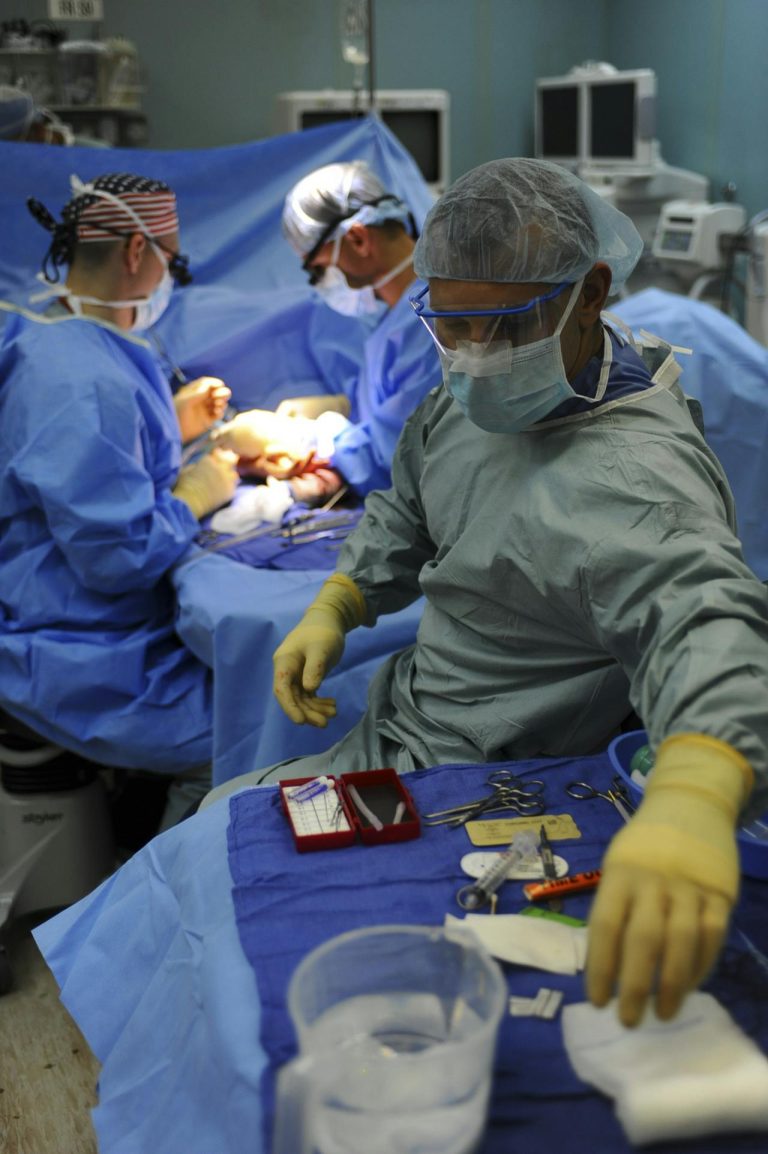Getting plastic surgery is a personal choice that can affect your body and feelings for a long time. If you want to look better or fix something, you need to feel sure, know what’s going on, and be ready. A big part of getting ready is picking the right surgeon—and asking them good questions. When you meet with the surgeon, you can check them out too, not just the other way around. The questions you ask can show you how much they know how they work, and if they can give you what you want.
Contents
1. What Are Your Qualifications and Board Certifications?
Surgeons aren’t all the same. You should ask about their training and certification. Check if your doctor has certification from the American Board of Plastic Surgery or a similar organization. This certification shows that the surgeon has finished tough plastic surgery training, passed standard tests, and keeps learning.
Ask where they did their residency and how long they’ve been working. Don’t be shy to check these facts through professional groups. This makes sure you’re getting care from someone who meets high standards for skill and ethics.
2. How Many Times Have You Done This Surgery?
Experience counts—for surgery. Ask how many times the surgeon has done your specific procedure to get a sense of their familiarity and comfort level. A surgeon might have lots of experience with nose jobs, for instance, but do liposuction or breast reconstruction once in a while.
Go deeper by asking to look at before-and-after photos of past patients who got the same treatment. These pictures will help you know what to expect and show you the surgeon’s style. If your surgeon can’t show you good examples or numbers to back up their experience, you might want to check out other options.
3. What Are the Risks and Potential Complications?
All surgeries come with risks even the common ones. A good surgeon will be honest about these possible problems and help you think through the good and bad points of going ahead. Ask them how long it takes to get better, what side effects might happen, and what they’d do if something doesn’t go as planned.
Knowing the risks helps you make a choice with all the facts. It also makes you feel better knowing your surgeon has thought about what to do if things go wrong. When a surgeon is open about this stuff, it shows they’re professional and care about their patients.
4. What Will Recovery Be Like?
The healing journey can look quite different based on your operation type and personal health. Ask your doctor to map out a detailed recovery plan. This should cover pain control physical restrictions, check-ups, and red flags to watch for.
Get a clear picture of your time off work, the help you might need at home, and when you can get back to your usual routine. Having this info upfront helps you know what to expect and makes sure you’re ready for life after surgery.
5. Are You the Right Surgeon for Me?
, go with your gut feeling. Besides qualifications and ability, the connection between a surgeon and patient is very personal. You want someone you can talk to , who pays attention to your aims and worries, and who speaks and with understanding.
When you meet the surgeon, watch how they talk to you. Do they hurry through your questions or give careful answers? Do they offer honest feedback even if it means changing your first plan? These show a surgeon who cares about your health. If you’re trying to find someone who mixes strong medical know-how with a teamwork-based, patient-focused approach, think about looking for a reputable plastic surgeon in Northern Virginia, where many doctors are known for their high standards and commitment to patient care.
Conclusion
Plastic surgery isn’t just a medical procedure—it’s a choice that will change your life and needs careful thought and planning. Asking these five questions helps you take charge of the process and find a surgeon who matches your aims, beliefs, and safety concerns. The right questions will teach you and give you the power to move ahead with trust and understanding. When it comes to your body and health, you can’t afford to be unsure. Pick , ask tough questions, and invest in yourself with your eyes open.

